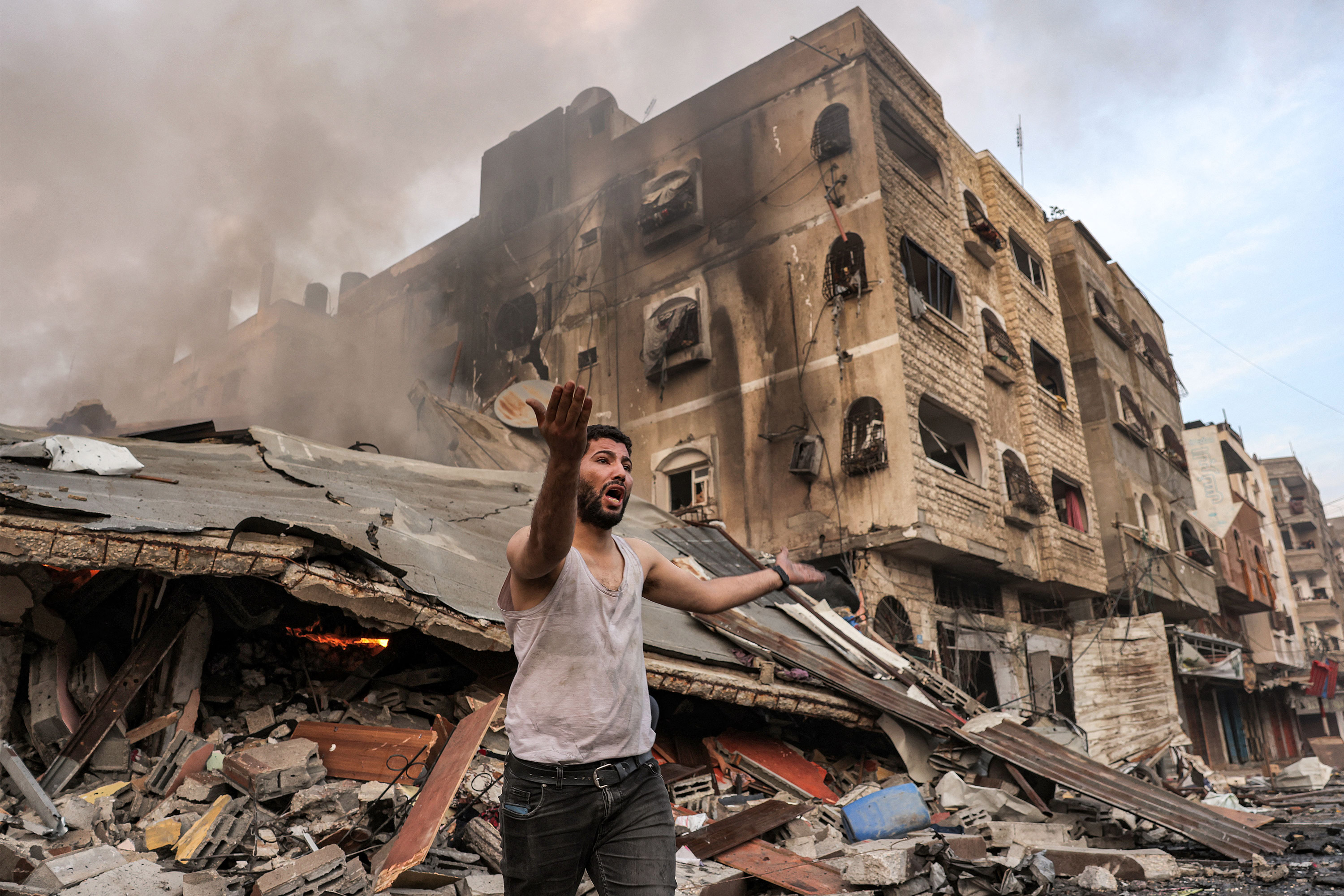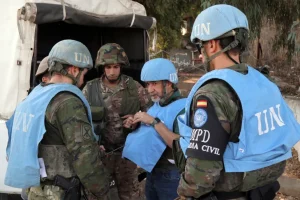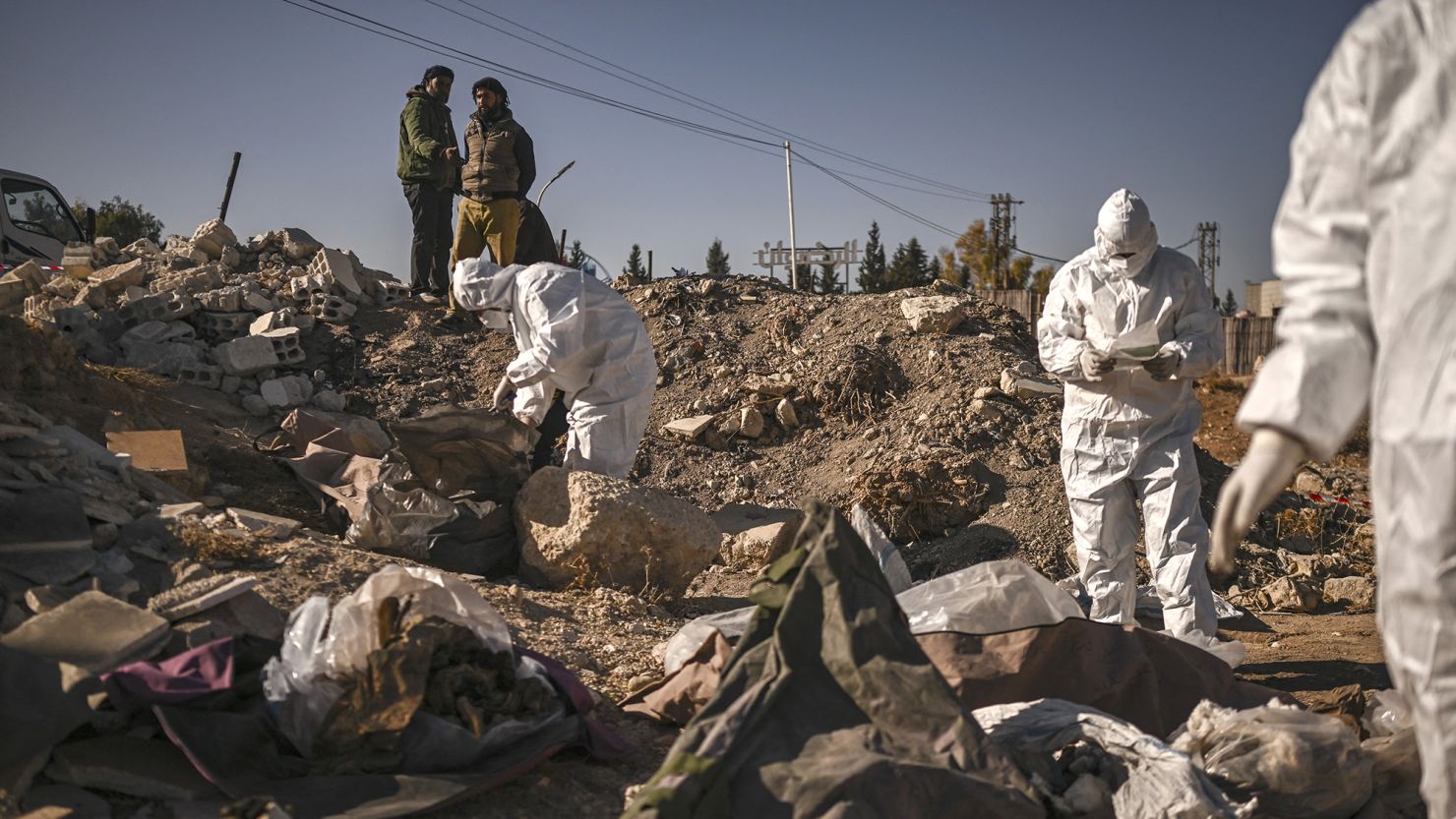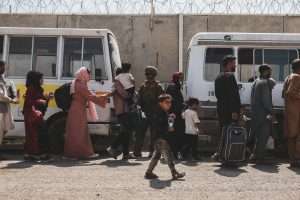Army chief for Libya meets Italian military for talks
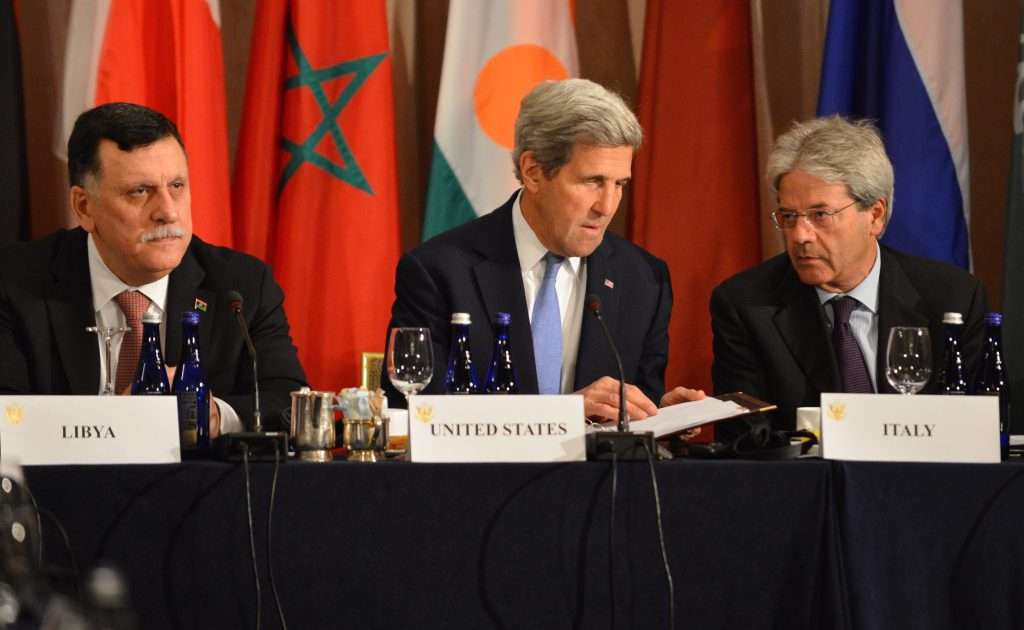
The Deputy Chief of Staff, Lieutenant General Salah al-Din al-Namroush, of the UN-recognised Government of National Unity of Libya, attended official talks in Italy on July 15th to discuss ways to develop further military cooperation between the two nations, according to the Libya News Agency on July 19th.
Libya’s Commander of the Western Coast Military Region was accompanied during the visit, as part of the Annual Libyan-Italian Military Cooperation Committee, by the Director of the Office of the Minister of Defence. Both met with the Chief of General Staff of the Italian Army.
A statement issued by the Media Office of the Libyan commander’s military district said that the meeting focused on several bilateral issues, including training programs as part of improving the technical and military capabilities of the Libyan army.
A delegation of Libya’s Ministry of Defence inspected an air base on Sardinia and was advised on the Italian military’s practical training programs within this bilateral framework.
Italy and Libya have seen increasing cooperation on defence and economic issues, in part based on a 2017 memorandum that aims to stem migration flows from Libya. Italian Prime Minister Giorgia Meloni has cooperated with both rival governments on this issue with a 2023 visit by the head of Libya’s Eastern Government, Khalifa Haftar, to Rome.
Much of this cooperation remains controversial due to human rights and cybersecurity concerns. Most notably, Italian authorities released Osama Elmasry Njeem, the chief of Libya’s Tripoli branch of the judicial police, who the ICC charged due to accusations of war crimes and crimes against humanity, including murder, torture and rape in detention centres since 2011. Njeem was arrested in Turin but repatriated to Libya on an Italian state aircraft, which the Italian Interior Minister said was because he was “socially dangerous”.
The Tripoli-based government announced in July its refusal to extradite the security official following the ICC arrest warrant. Libyan officials claim that it is a domestic judicial matter and are not bound by the Rome Statute as non-signatories.
Both the rival governments of Western and Eastern Libya have been accused of endorsing extrajudicial abuse and torture, and arbitrary detention by international organisations. Libya’s prisons, such as Njeem’s Mitaga Detention Centre, have been subject to scrutiny, especially following the discovery of mass-graves outside Tripoli.
Libya News Agency, Maghrebi.org
Want to chase the pulse of North Africa?
Subscribe to receive our FREE weekly PDF magazine





